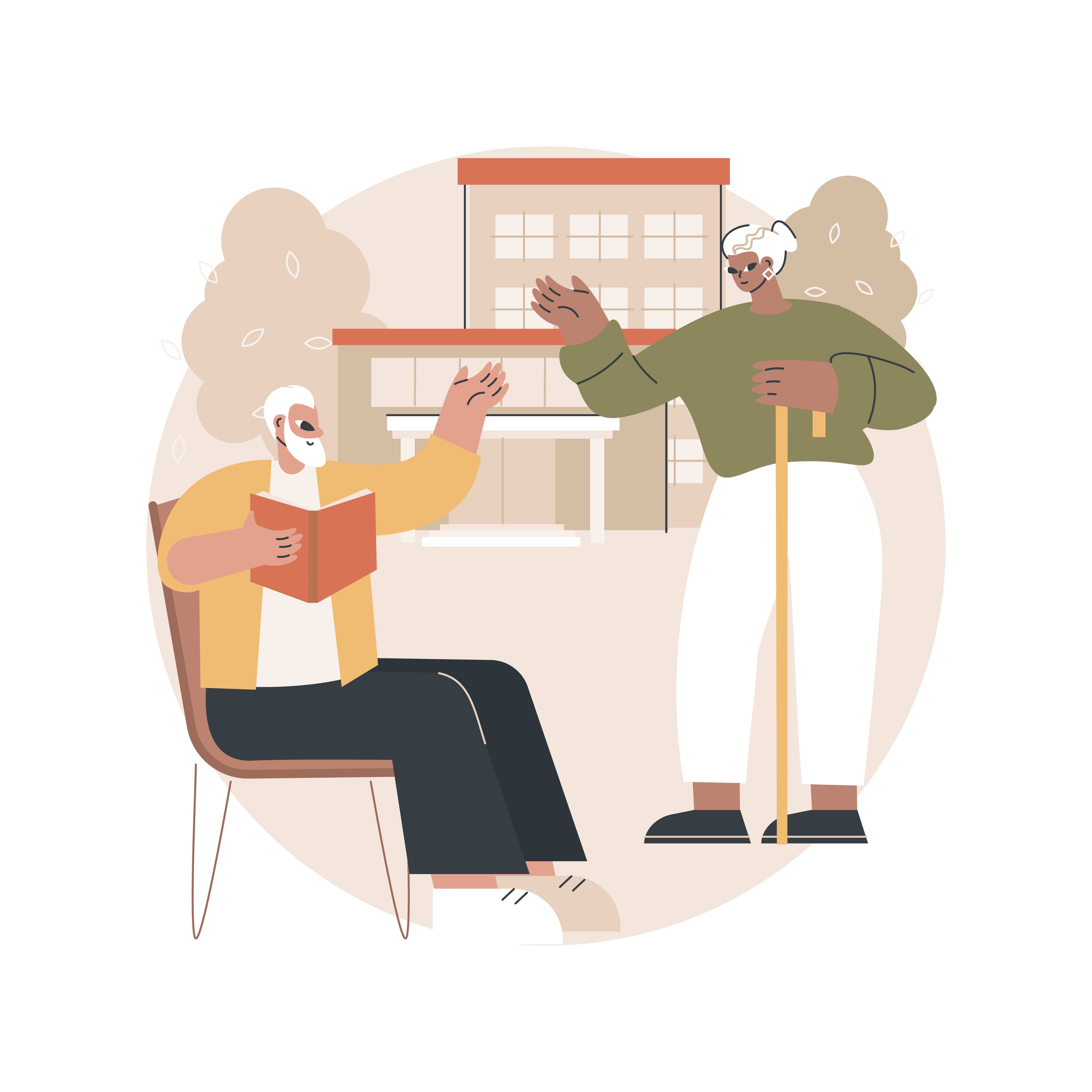
The Role of Hormones in Joint Pain in Aging: Coping Mechanisms and Support Systems
As we age, joint pain can become a common companion, and hormones have a part to play in this journey. Let’s explore how hormones influence joint pain in aging individuals and uncover coping mechanisms and support systems to navigate this challenge.
Understanding Hormonal Influences on Joint Pain in Aging
Hormones orchestrate many bodily functions, including how our joints feel. As we age, hormonal changes can impact joint health in various ways:
1. Estrogen: Declining estrogen levels in women during menopause can lead to bone loss and joint stiffness, increasing the risk of joint pain and conditions like osteoarthritis.
2. Testosterone: In men, declining testosterone levels with age can contribute to muscle loss and decreased joint stability, leading to increased joint pain and vulnerability to injury.
3. Cortisol: Stress hormone cortisol levels can rise with age, promoting inflammation and exacerbating joint pain and discomfort.
Coping Mechanisms and Support Systems for Joint Pain in Aging
Despite hormonal changes, there are coping mechanisms and support systems to help manage joint pain in aging:
1. Maintain a Healthy Weight: Excess weight puts additional strain on joints, so maintaining a healthy weight through diet and exercise can alleviate joint pain.
2. Stay Active: Regular exercise, including low-impact activities like swimming or walking, helps keep joints flexible, strengthens muscles, and reduces pain.
3. Use Assistive Devices: Devices like canes, braces, or ergonomic tools can support joints and reduce strain during daily activities.
4. Seek Professional Help: Consulting healthcare professionals, such as physical therapists or rheumatologists, can provide personalized treatment plans and support for managing joint pain.
5. Build a Support Network: Connecting with friends, family, or support groups can provide emotional support, encouragement, and practical advice for coping with joint pain.
Conclusion
While hormonal changes can contribute to joint pain in aging, adopting coping mechanisms and seeking support can help individuals navigate this challenge and maintain a fulfilling and active lifestyle.
To seek medical advice, always consult a Doctor. Here are our recommended experts. Click Here
To read more on Joint Pains. Click Here


